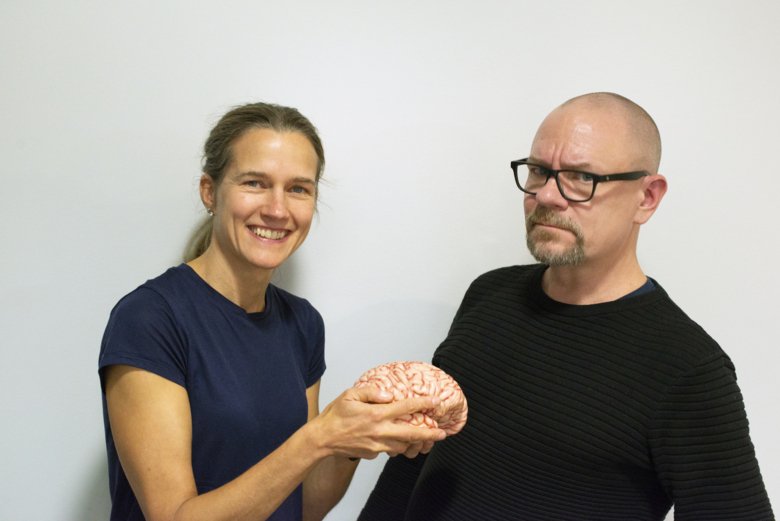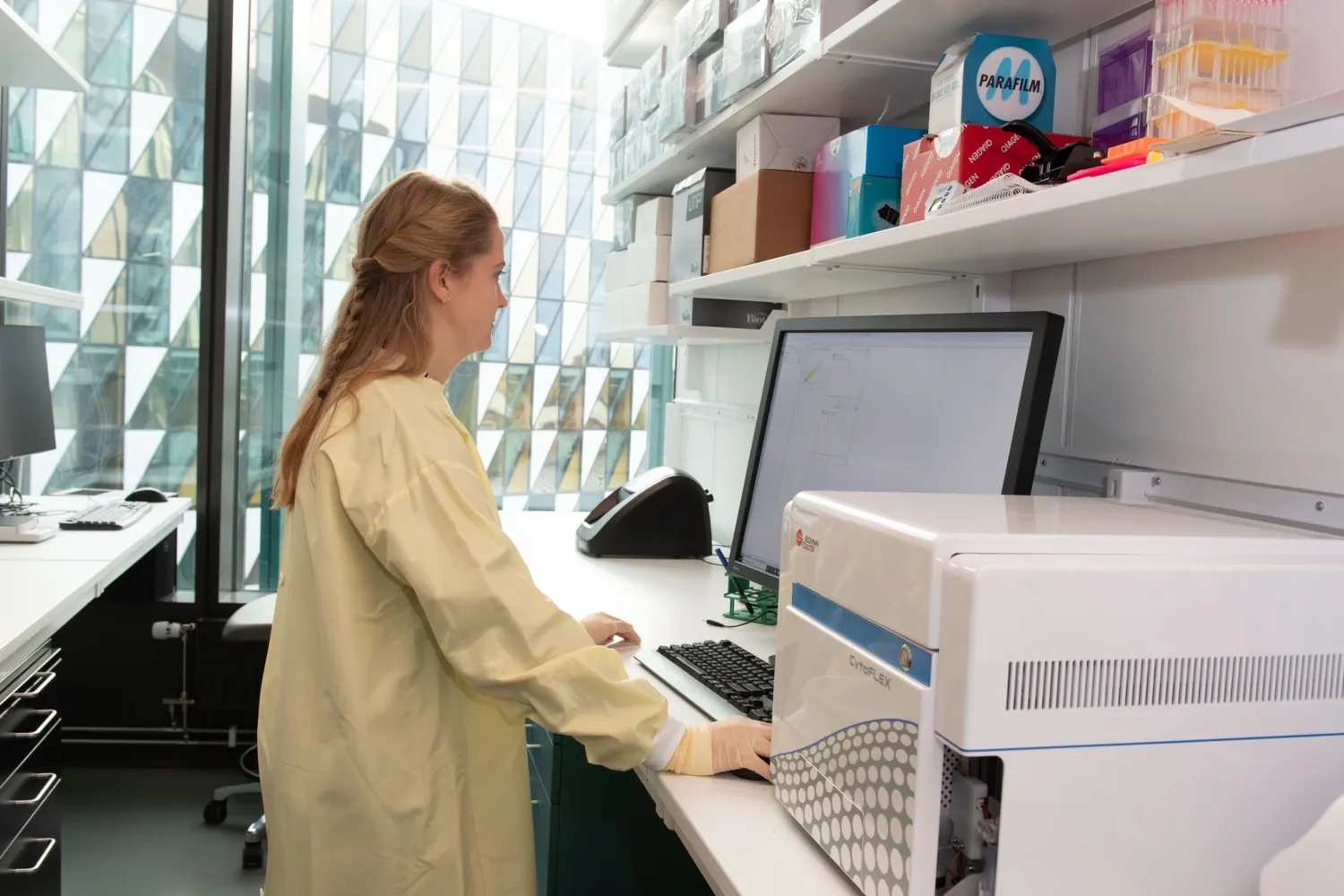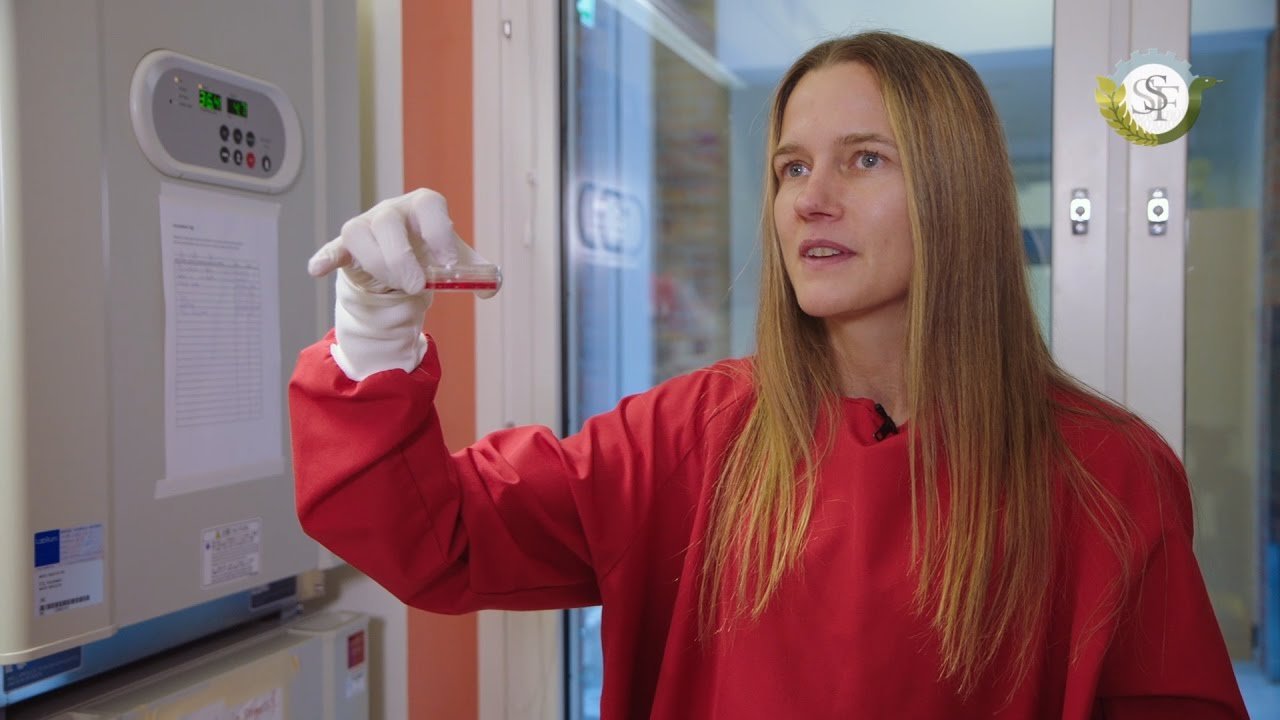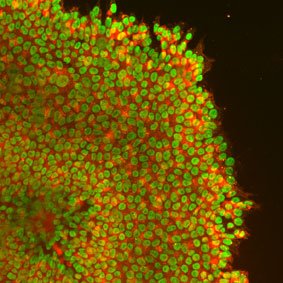 Photo: Cecilia Odlind
Photo: Cecilia Odlind"Growing mini-brains in labs"
The goal is to understand the structure and development of the human brain in order to cure and prevent diseases and injuries. Nowadays, researchers can create an infinite number of brain cells for studies from individuals with or without a diagnosis through reprogramming. Anna Falk is one of the researchers using this technique, and more specifically, she grows brain cells in the form of mini-brains.
Find out more her research and its possible applications in episode #4 of Medicinvetarna (in Swedish). And yes: the zombie apocalypse is mentioned in the episode...



